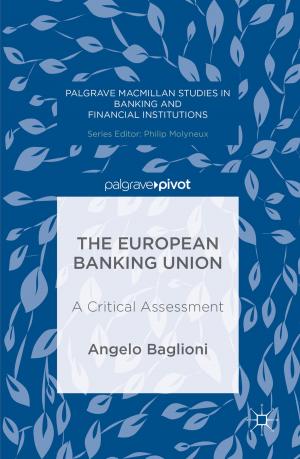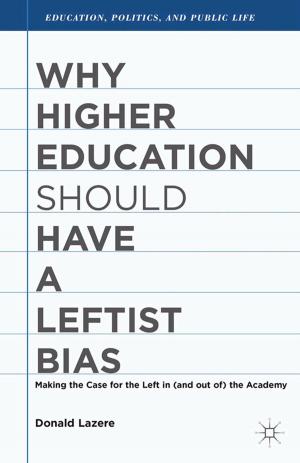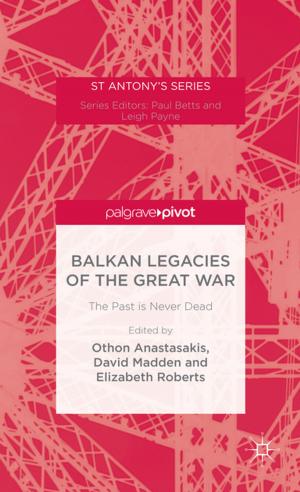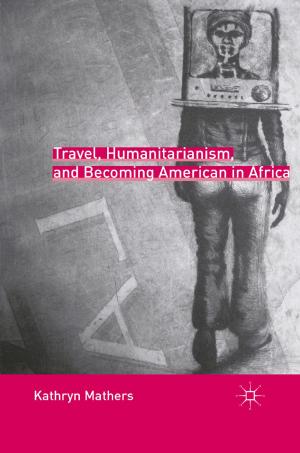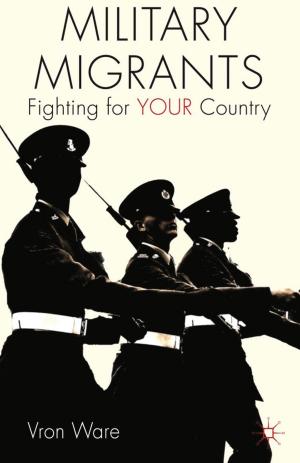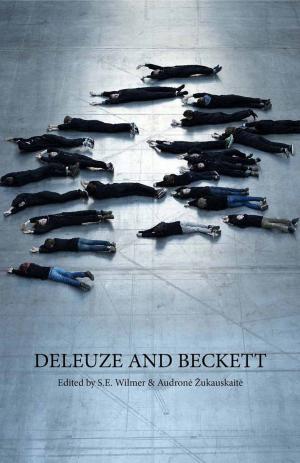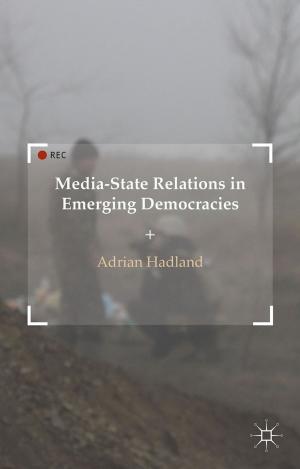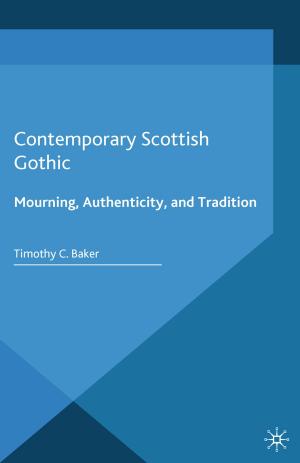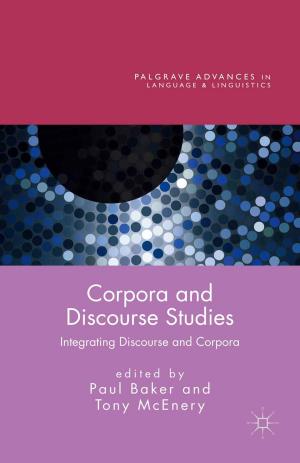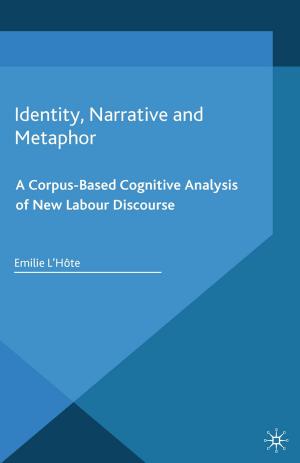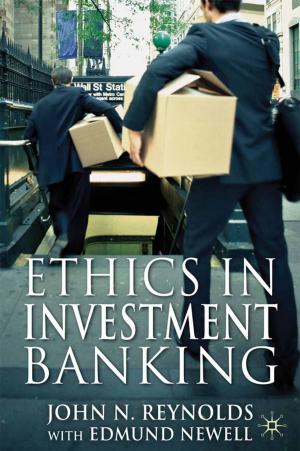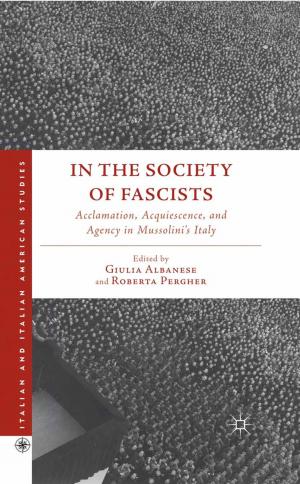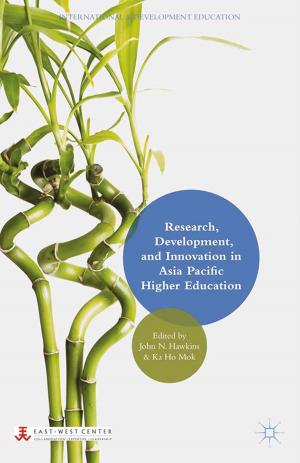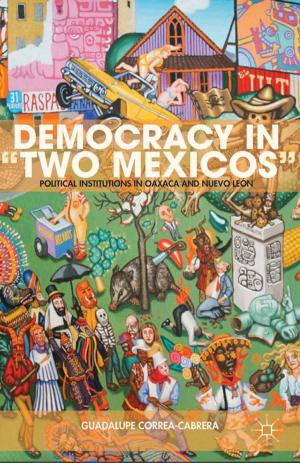Reading the Child in Children's Literature
An Heretical Approach
Fiction & Literature, Literary Theory & Criticism, Children&, Reference| Author: | David Rudd | ISBN: | 9781137322371 |
| Publisher: | Palgrave Macmillan | Publication: | October 30, 2013 |
| Imprint: | Palgrave Macmillan | Language: | English |
| Author: | David Rudd |
| ISBN: | 9781137322371 |
| Publisher: | Palgrave Macmillan |
| Publication: | October 30, 2013 |
| Imprint: | Palgrave Macmillan |
| Language: | English |
David Rudd takes a lively and controversial look at the critical representation of the child in children's literature, arguing for a more open and eclectic approach: one that celebrates the diverse power, appeal and possibilities of children's literature.
Drawing on psychoanalytically informed perspectives, Rudd shows how theory can be both exciting and liberating. He offers fresh and stimulating close readings of key texts, ranging from established classics – such as Alice in Wonderland, Peter Pan and Winnie-the-Pooh - to more modern works, including novels (Peter Pan in Scarlet and The Children's Book) and picture books (Zoo¸ The Missing Piece and Where the Wild Things Are).
Sophisticated yet highly approachable, this is an essential read for anyone with an interest in the study of children's literature.
Drawing on psychoanalytically informed perspectives, Rudd shows how theory can be both exciting and liberating. He offers fresh and stimulating close readings of key texts, ranging from established classics – such as Alice in Wonderland, Peter Pan and Winnie-the-Pooh - to more modern works, including novels (Peter Pan in Scarlet and The Children's Book) and picture books (Zoo¸ The Missing Piece and Where the Wild Things Are).
Sophisticated yet highly approachable, this is an essential read for anyone with an interest in the study of children's literature.
David Rudd takes a lively and controversial look at the critical representation of the child in children's literature, arguing for a more open and eclectic approach: one that celebrates the diverse power, appeal and possibilities of children's literature.
Drawing on psychoanalytically informed perspectives, Rudd shows how theory can be both exciting and liberating. He offers fresh and stimulating close readings of key texts, ranging from established classics – such as Alice in Wonderland, Peter Pan and Winnie-the-Pooh - to more modern works, including novels (Peter Pan in Scarlet and The Children's Book) and picture books (Zoo¸ The Missing Piece and Where the Wild Things Are).
Sophisticated yet highly approachable, this is an essential read for anyone with an interest in the study of children's literature.
Drawing on psychoanalytically informed perspectives, Rudd shows how theory can be both exciting and liberating. He offers fresh and stimulating close readings of key texts, ranging from established classics – such as Alice in Wonderland, Peter Pan and Winnie-the-Pooh - to more modern works, including novels (Peter Pan in Scarlet and The Children's Book) and picture books (Zoo¸ The Missing Piece and Where the Wild Things Are).
Sophisticated yet highly approachable, this is an essential read for anyone with an interest in the study of children's literature.

